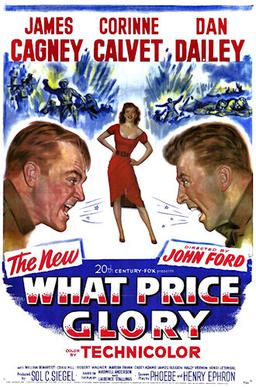 Untold: Malice at the Palace
Untold: Malice at the Palace, 2021
In this documentary, several players (mainly Ron Artest/Metta World Peace, Reggie Miller, Jermaine O'Neal, and Stephen Jackson), coaches, and other related witnesses recount the ugly 2004 brawl between the Indiana Pacers, the Detroit Pistons, and Pistons fans in the Detroit stadium. The documentary sets up the internal team dynamics, the bigger picture of the league at that time, and then dissects the event and the aftermath.
I am not a huge sports fan, and I run very hot and cold with different sports. For example, sometimes I will watch a ton of a hockey season or basketball season, or whatever. But I definitely do not have a great sense of the game.
So it is always interesting to me to watch documentaries like this one, because I really don't have my own perspective, memories, or opinions on the events. In fact, I'd be interested to hear what someone more familiar with the players and the situation thinks of the events as they are presented.
The thing that stuck out to me the most in this documentary is just how many different pressures were placed on this group of men. Don't get me wrong: I think that professional athletes (like any group of people with a lot of money and power) can be the absolute worst, But there's an apparent honesty to the way that the players reflect on their behaviors that I found really compelling. Metta World Peace, in particular, and the way that he describes the dynamics of his depression and anxiety is very interesting to watch. The guy is dealing with some serious mental health issues (seriously, look no further than how borderline distraught he is after winning a championship, describing himself as a coward and looking like something horrible has happened). One of the most compelling things to me was when he describes that ANY extreme--whether it's scoring a winning layup or getting in a fight--is not a good mental state for him. So often, one of the things that is idolized when it comes to professional athletes is their
intensity. But what the interviews seem to show is that intensity can come from a healthy place or an unhealthy place.
I was also very interested in the discussion of fan culpability. I was an athlete in high school and in college, and I coached a middle school team for seven years and the absolute worst part of it all is the fans. There is this bizarre cultural acceptance of really despicable, cruel behavior (some of it barely-veiled or just explicitly bigoted). While I didn't approve of a lot of the behavior from the players, I found myself absolutely disgusted by the behavior of the fans. Throwing everything from beers to a chair, dumping food and drinks over the players, coming down to the court to confront the players, and so on. The documentary interviews a fan who came onto the court (and I'll be real--watching Artest punch him out was a highlight of the documentary) and the man who instigated the fan fight by throwing a beer, and they were easily the worst. Just
the worst. Like, the smirk on the face of the man who threw the drink as he says he has zero remorse about the wrong fan being attacked by a player was just . . .ugh. At least the players have the excuse of high emotion and adrenaline from a competition.
And the third most interesting aspect for me was the examination of the aftermath. Everything from the racialized language used against the players who were involved (the word "thugs" and "hip-hop" are thrown around to an absurd degree), to the fact that Stern, the commissioner of the NBA, acted alone in determining who was suspended and for how long. Even the disclosure from the prosecutor that the NBA basically requested that the players be charged and that the prosecutor had to push back and assert that he was also going to go after the fans. There's also the absurd moment of a police officer preparing to mace Reggie Miller, asserting he didn't know who he was, immediately followed by Jackson's disbelieving "How do you not know Reggie Miller from the Pacers?!?!".
There wasn't much that I felt was missing from this. Whether the interviewees were honest with the interviewer (or honest with themselves) is something that others would be more qualified to say. I really enjoyed listening to all of the men speak. They are at an interesting place where they have some distance from the events and have had some time to come to terms with the aftermath, and yet a lot of it is still clearly very raw.



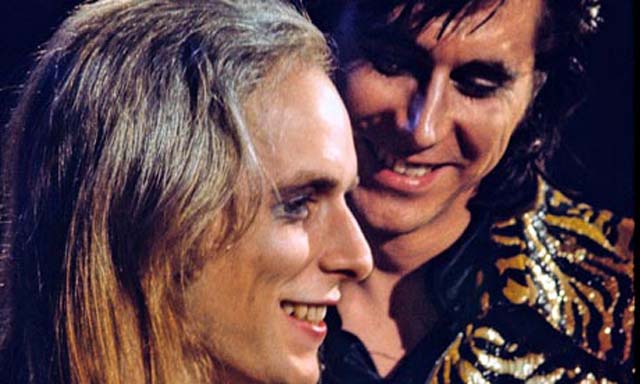
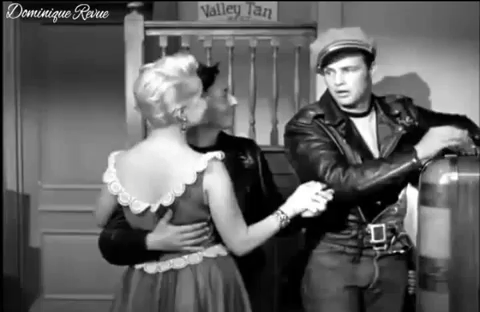
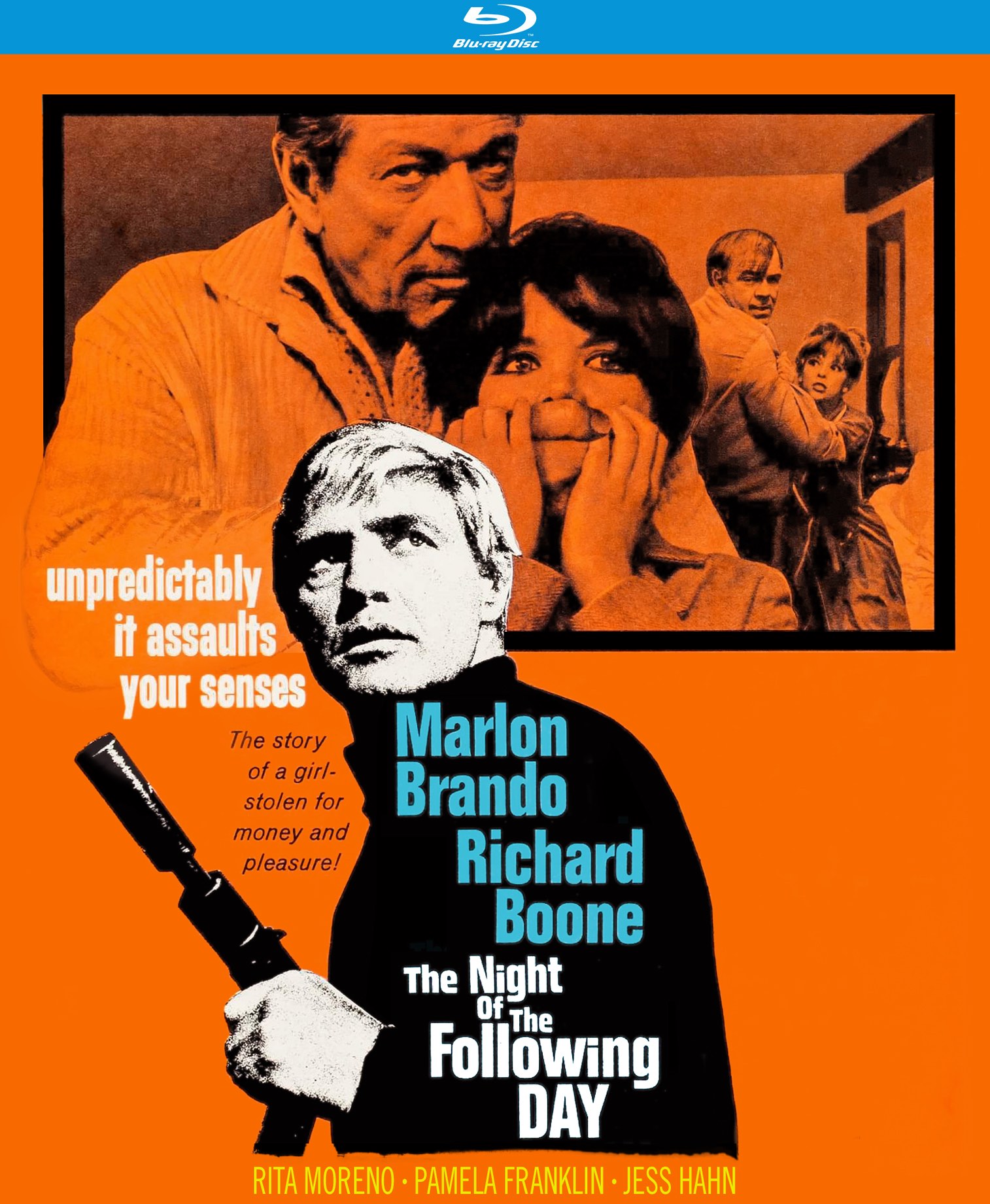
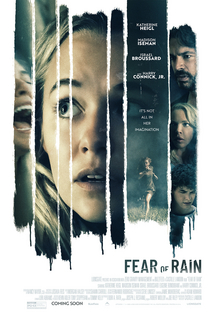

 Check out my podcast:
Check out my podcast: 


